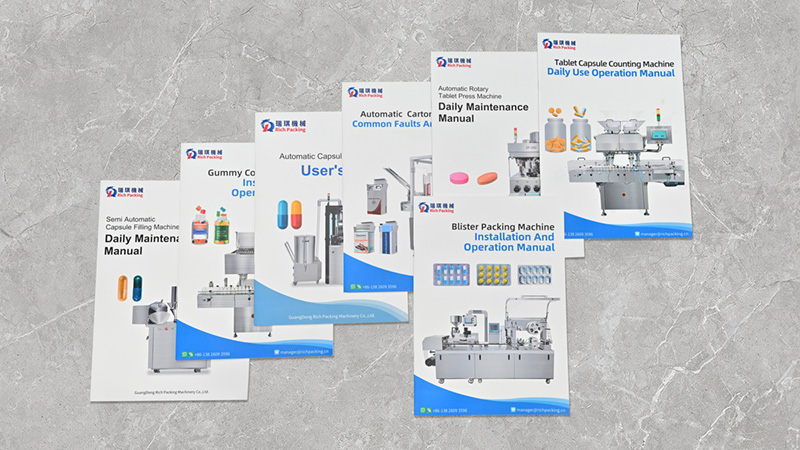Capsule Filling Machine Steals Show: Precise Needs Matching Big Health Industry
Introduction Health Supplements The global health supplements and nutraceutical market continues to expand, according to the latest STASTICA report, the global market is expected to be worth USD 300 billion by 2028 (from PubMed Central). Within this vast market, capsule dosage forms (for pharmaceutical and nutraceutical) , known for their precise dosing, good stability, and convenient consumption experience, consistently hold a crucial share of nearly 30%. For companies looking to enter or already operating in this arena, selecting a capsule filling machine that closely matches their current stage of development is fundamental to building product strength, controlling costs, and achieving scalable growth. Faced with a diverse range of equipment from semi-automatic to fully-automatic, the core of the decision lies in a rational analysis of one's own production capacity needs, product roadmap, budget framework, and long-term strategy. There is no absolute best choice, only the solution that best fits the present and foreseeable future. 1 The Global Market: Why You Need to Choose the Right Machine 1.1 Global Market Recently, there’s an obvious trend in health supplement consumption. Many people are seeking for standardized products with high quality. We can see influencers or online buyers talking about supplements for audience of different age groups in live-streaming; new supplement brands displaying in the market shelves on the most prominent position; and consumers looking for segmented types of supplements in the counter. As a respond to this growing market, companies and manufacturers in this industry - no matter they are starters or industry leaders - are grasping the chance to upgrade their equipment. 1.2 Role of the Equipment in the Big Health Industry Segmented health supplements means different machine requirements. Capsules, as they are convenient to take, with precise supplement filling, they always have a big proportion in the big health industry consumption - up to 38.5% among millennials and Gen X consumers. There are different choices in capsule filling machines: manual, semi-automatic, fully-automatic, and combined lines. The semi-automatic and fully-automatic ones have been top-selling machines with mature systems. A machine that suits the need of a company is essential. We should take standard certifications (cGMP, CE, FOB, DEA, etc.), capability, stability, efficiency cost, dimensions, and even business flexibility into consideration when we upgrade our machines. If an enterprise is in the pursuit of making a wise investment, making sense of the different features of different machines is the key step. We shouldn’t only take cost-competitiveness into consideration, but also how to match the precise needs of an enterprise to the machines. 2 Semi-Automatic Capsule Filling Machines: Flexibility and Control CGNT-209 Semi Automatic Capsule Filling Machin...






















